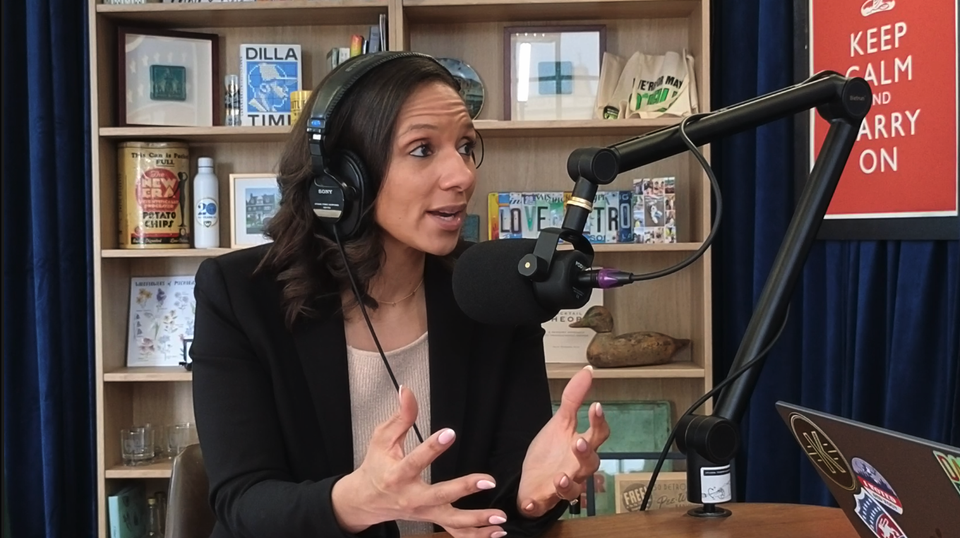Remember how less than three years ago it was all the fashion to talk about buying a $500 house in Detroit?
According to a new set of data released by RentCafe, today that might get you a little more than two weeks of rent. The average monthly rent in the city is now $932 per month. That’s a 9.3 percent hike from 2015.
At least that’s the case for market rate rentals. RentCafe says part of the reason is constricted supply, with just 192 new units coming online in 2016.
To give perspective, a 9.3 percent hike in rent is basically like paying an extra month’s rent payment ($948) over the 2015 number of $843.
The current inflation rate for the economy overall is 1.7 percent.
From a local perspective, it doesn’t seem price relief is in sight. Although various projects are in the pipeline that are planned to bring hundreds of apartments online in 2017 (such as Orleans Landing and nearby Ducharme Place), most of their market rate rentals are looking to be north of that $948 number.
This continues a trend of increasing rents. Comparable data isn’t clear from RentCafe, but from 2014 to 2015, according to SmartAsset, rents rose 7.7% for two bedroom apartments.
Obviously, you can still find rental deals in different parts of the city. The greater downtown area is clearly driving this trend at this point.
Rental rates rising at nine percent per year is trend that could have a large impact if it continues and spreads into the neighborhoods. Here’s why.
Despite overall low rents compared to the rest of the country, the city is one of the least affordable in the nation for it’s own residents. The low rental numbers often reported in the press obscure what’s happening on the ground. Let’s look at some 2016 data.
According to the same organization, RentCafe, Detroit residents are paying, on average, a whopping 48% of their income on rent.
For a baseline, it’s suggested that the best practice is 30 percent of your income would be spent on housing.
So although rents are low in the city compared to the rest of the country, city of Detroit residents, using the median renter-occupied household income of $18,526 are only left with $9,562 per year after paying the rent, according to RentCafe.
Imagine being in that weak of a financial position and having to come up with basically a 13th rent payment every year.
Incomes for residents need to drastically increase to keep pace with this rise through improved job opportunities and/or education, and fast, or it could be an even rougher time for those who can afford the least if this pattern continues.
















